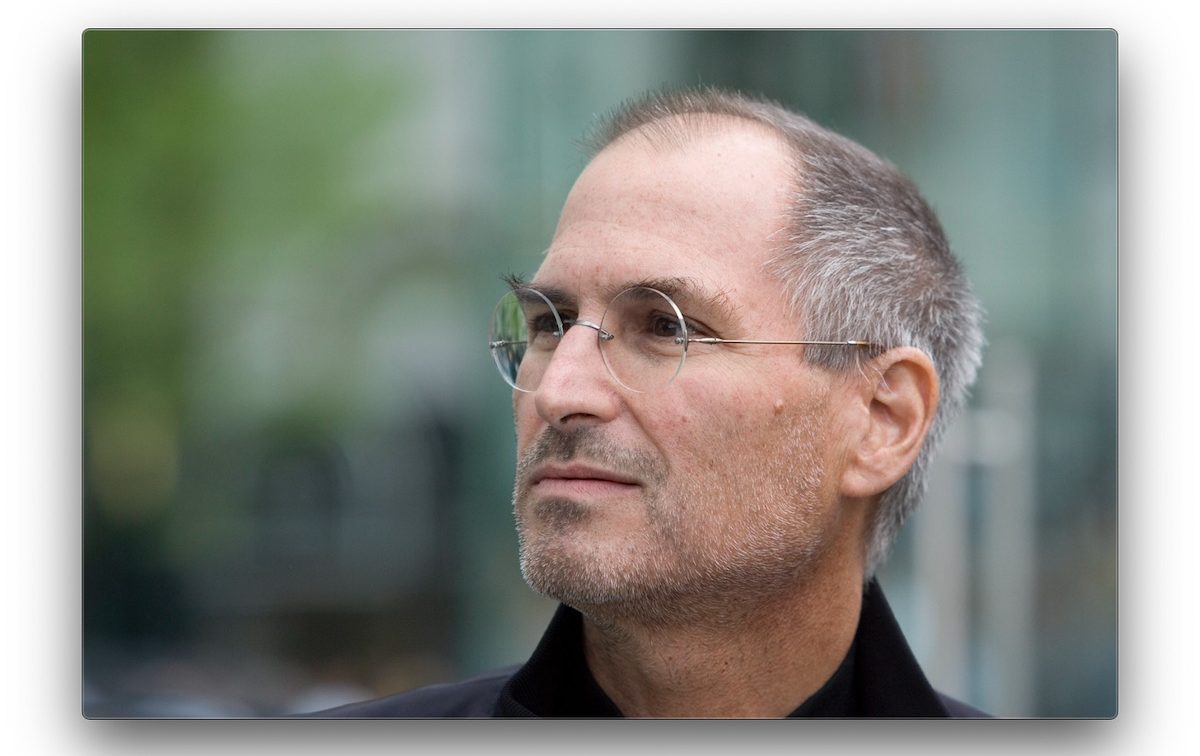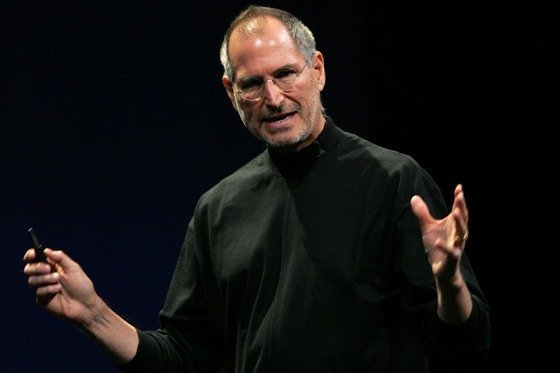New documents brought forth as part of the ongoing legal battle between Apple and Epic Games has shed some light on the history of Facebook and Apple. The documents revealed that the relationship between the two companies has been in shambles since 2011.
When Apple released its first-generation iPad in 2010, Scott Forstall sent out an email to Steve Jobs and Phil Schiller about a meeting he had with Mark Zuckerburg about bringing Facebook to the tablet. At that moment, the late Founder did not have polite words for the social media company.

In an internal email between Apple execs, Steve Jobs called the social media tech giant ‘Fecebook’
As reported by CNBC, Facebook’s main concern was that the Cupertino tech giant would not allow Facebook for iPad applications to include “embedded apps”. Forstall wrote:
I just discussed with Mark how they should not include embedded apps in the Facebook iPad app–neither in an embedded web view or as a directory of links that would redirect to Safari.
Not surprisingly, he wasn’t happy with this as he considers these apps part of the “whole Facebook experience” and isn’t sure they should do an iPad app without them. Everything works in Safari, so he is hesitant to push people to a native app with less functionality, even if the native app is better for non-third party app features.
Forstall brought forward a few suggested compromises by Zuckerburg:
- Do not include a directory of apps in the Facebook app, links, or otherwise.
- Do not have third-party apps run in the embedded web view.
- Allow user posts in the news feed related to apps.
- Tapping on one of these app-related links would (1) fast switch to a native app if one exists and the user has it installed, (2) take the user to the App Store if a native app exists and the user has not installed it, (3) link out to Safari otherwise.

Forstall added in the email, “I think this is all reasonable, with the possible exception of #3” to which Steve Jobs replied on his iPad, “I agree – if we eliminate Fecebooks third proposal it sounds reasonable.”
Forstall followed up after a few days and said that Zuckerburg did not like Apple’s counterproposal. Schiller cleared up Apple’s stance, “I don’t see why we want to do that. All these apps won’t be native, they won’t have a relationship or license with us, we won’t review them, they won’t use our APIs or tools, they won’t use our stores, etc.”
Of course, the relationship between the two giant companies has not improved over the decade. The two companies are also engaged in a courtroom battle over Apple’s new privacy features. Recent reports also showed that Facebook may be looking into the possibility of launching its own antitrust lawsuit against Apple.
Read More:
- Facebook and Instagram threaten to charge for their services if users enable tracking in iOS 14.5
- The champion of privacy, Tim Cook, told Facebook’s CEO Mark Zuckerberg to delete users data after 2016 security breach
- Now, Facebook says the impact of Apple’s new ATT privacy feature will be manageable


